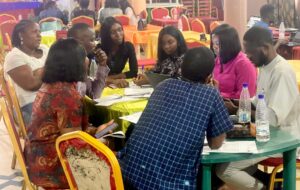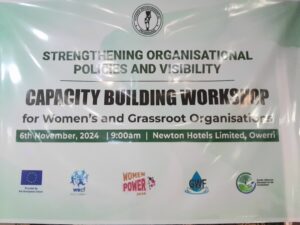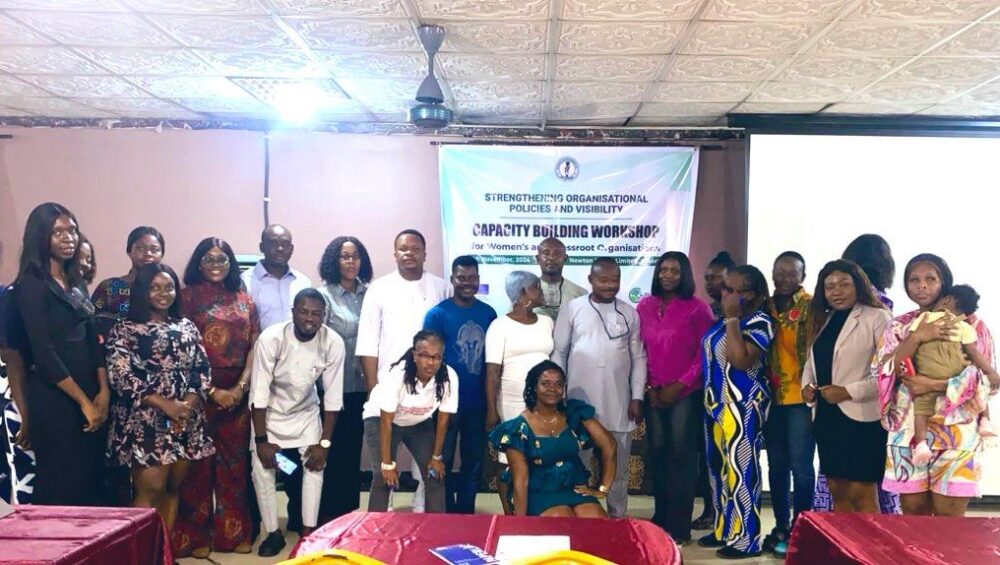By: Harriet C. Ijeomah
The Women Environment Programme (WEP), in collaboration with GoodWash Foundation for Health and Environmental Protection, recently organized a one-day capacity building workshop for grassroots women’s organizations in the South-East and South-South regions of Nigeria. The event, held at Newton Hotels in Owerri, Imo State, gathered over 40 civil society organizations (CSOs) to enhance their organizational capacity and advocacy efforts.
The workshop aimed at strengthening organizational policies, improving visibility, and fostering effective communication among women’s rights and civil society organizations. This initiative is a part of WEP’s broader WomenPower2030 project, an agenda focused on empowering women-led CSOs to advocate for gender-equal, sustainable development across Nigeria and other African regions.
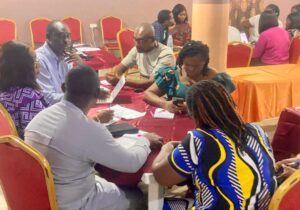
John Baaki, Deputy Executive Director of WEP, was one of the session’s facilitators. He emphasized the goals of the WomenPower2030 agenda, a framework designed to strengthen the capacity of feminist organizations to address inequalities and drive sustainable development in Africa. In his address, Baaki stressed on the importance of clear organizational policies and walked participants through the steps of policy development and organizational structuring, providing them with practical tools for strengthening internal operations.
Another facilitator, Ken Ajio, led an interactive session on leveraging digital media for advocacy and building robust organizational brands. Ajio highlighted the role of digital platforms in amplifying voices, enhancing outreach, and establishing an influential presence within the advocacy space.
Speaking at the event, the Executive Director of GoodWash Foundation for Health and Environmental Protection, Ikenna Anumnu addressed the attendees, urging them to implement the knowledge gained during the workshop. She emphasized the importance of adhering to organizational policies and noted that GoodWash Foundation would continue to support and monitor their progress, ensuring these organizations operate with well-defined structures.
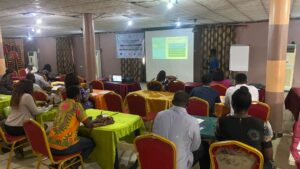
The program included group activities in which participants worked collaboratively to draft organizational policies, engaging in hands-on tasks that encouraged peer learning. Each group completed surveys that gathered data on organizational needs, challenges, and strategies for sustainable growth.
Marjorie Ezihe, Director of the South-East Feminist Coalition Group, Onurubie, expressed her appreciation for the workshop’s impact on her organization. “WEP and its partners have done an excellent job by providing this innovative workshop,” Ezihe said. “It’s a vital step for women-led organizations, and the facilitators have shared invaluable insights that will guide our organizational growth and advocacy strategies.”
The workshop is part of the WomenPower2030 project, a feminist-focused framework partnership between the European Union and a consortium of five organizations, led by Women Engage for a Common Future (WECF). WEP, as a member of this consortium, is committed to advancing the project’s mission by supporting feminist civil society networks in Nigeria and Sierra Leone in their efforts to combat gender-based inequalities and promote sustainable development.
